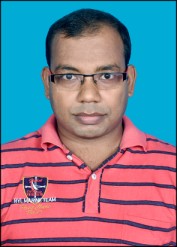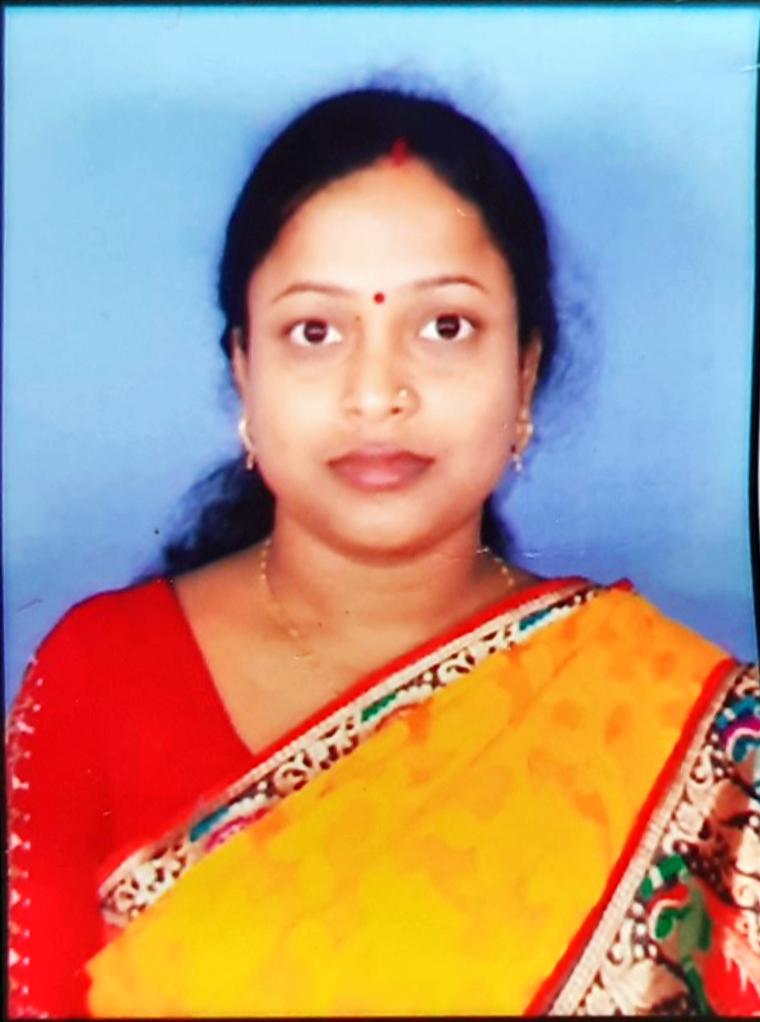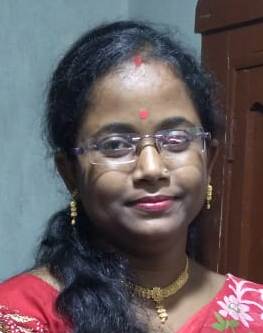- NAAC Re-Accreditated with "B+" Grade
- pkhnm2010@gmail.com
- 03214-250236 / 250941
The department of Mathematics was established in the academic year 1986-87 and in the academic year 2008-09 it started Honours course. From 2018-19 academic session the CBC Sytem is introduced in the department. The teachers of the department are very sincere, student -friendly and updated. Classes are held in a regular way and special attention is given to the backward students. The results of this department are also praiseworthy. Many students have obtained 1st class, and many of the students have got their master’s degree and engaged in jobs of different sectors.
Facilities: There is a well-equipped Computer Laboratory dedicated to the students. There is also a departmental library for the immediate requirement of students. The central library also has a voluminous collection of the books on Mathematics. The faculty members are always actively engaged in research and publication activities to keep themselves updated and cater to the new age demands of the curriculum. ICT and Power Point are regularly utilized by the teachers along with conventional chalk and talk for better pedagogical practice.

Associate Professor & HoD

SACT-II

SACT-II